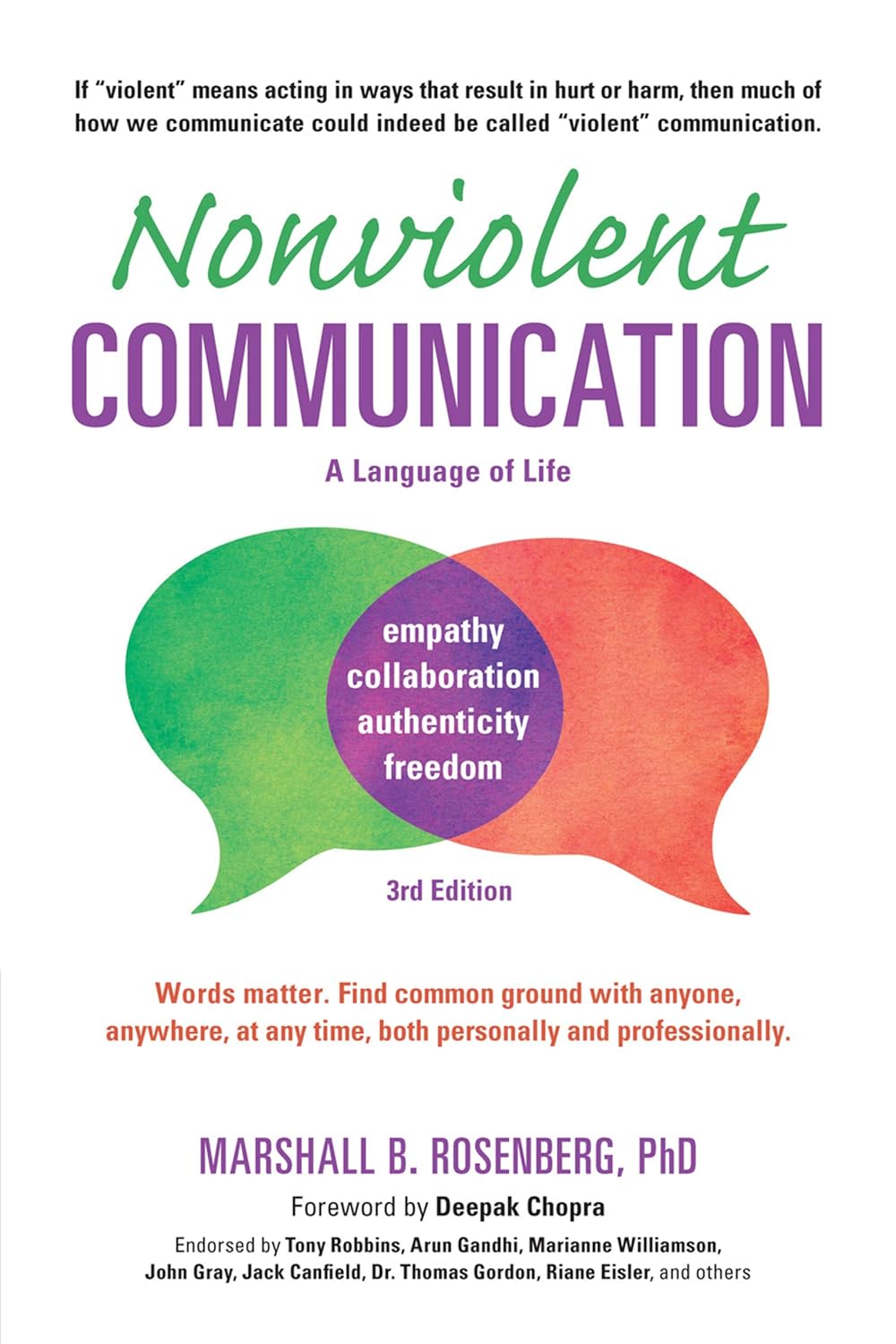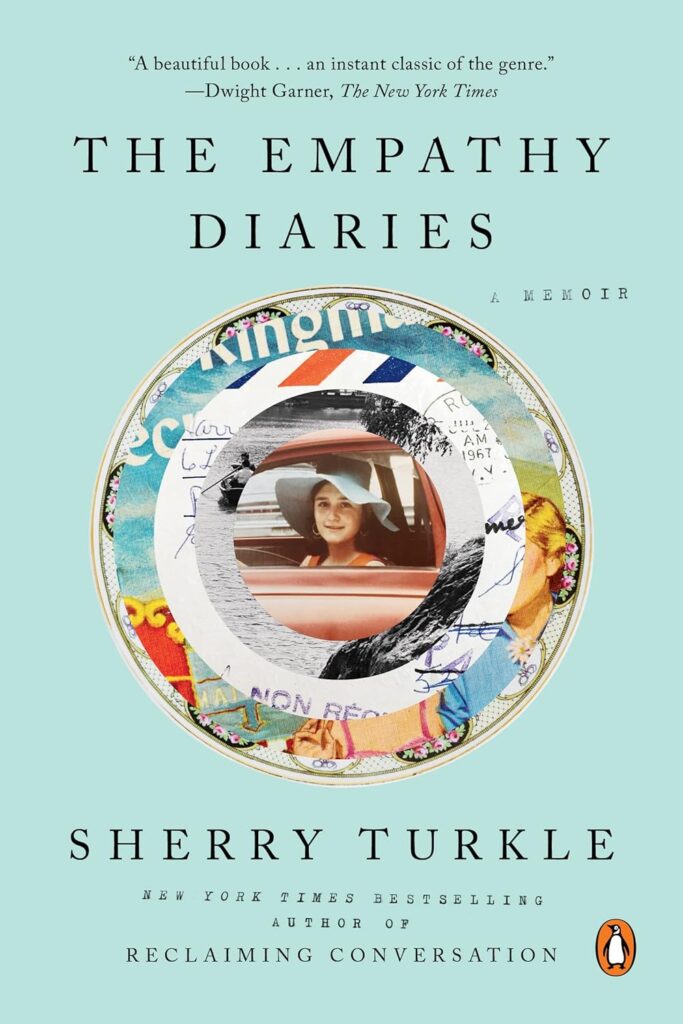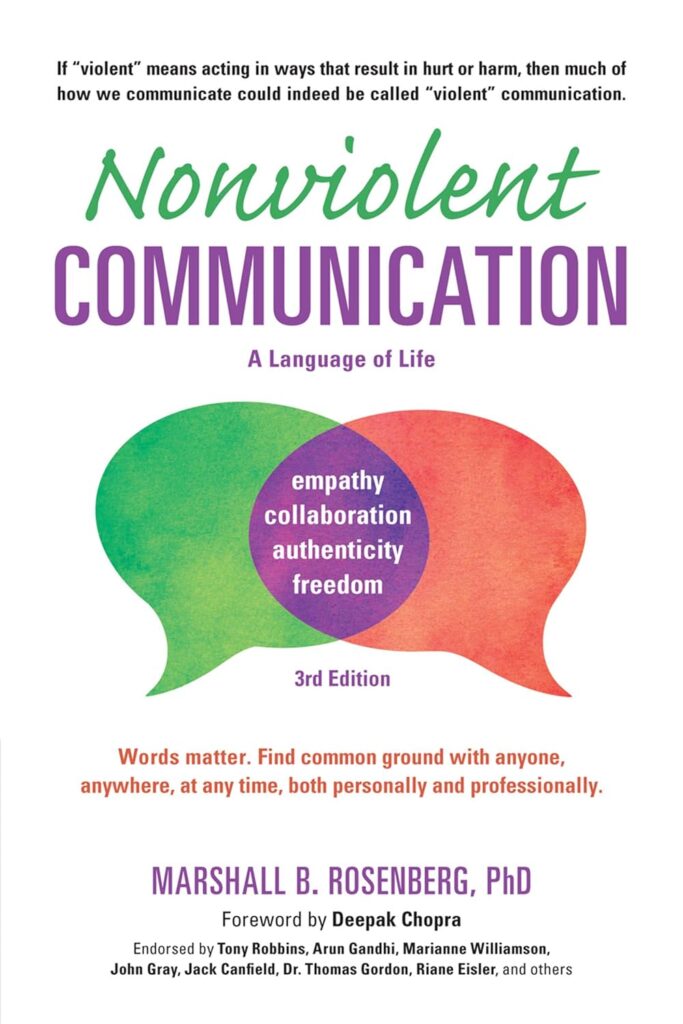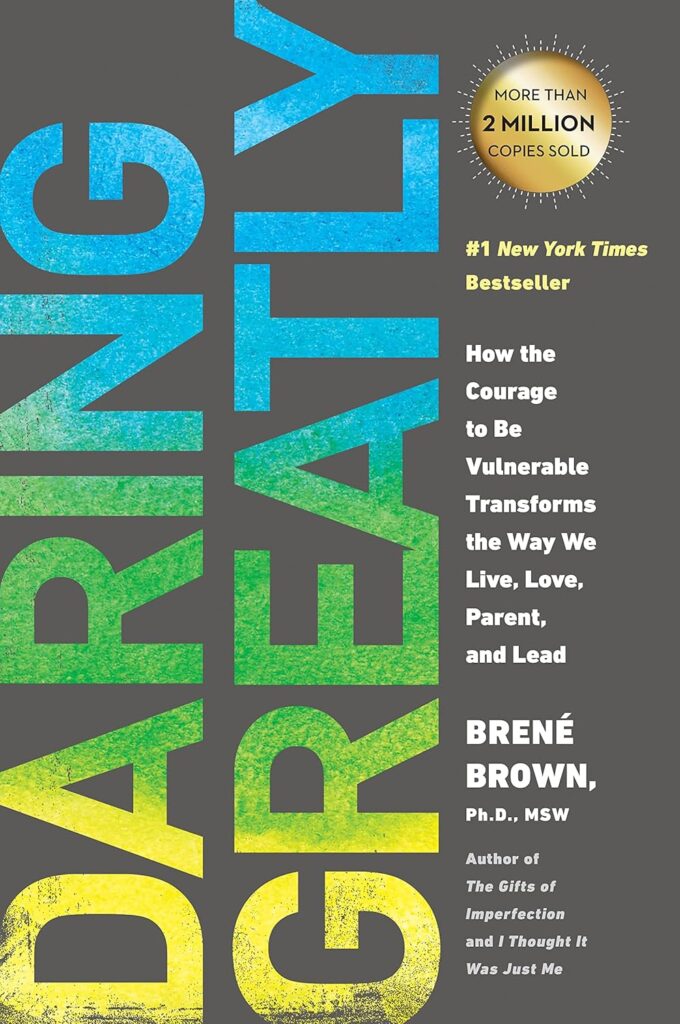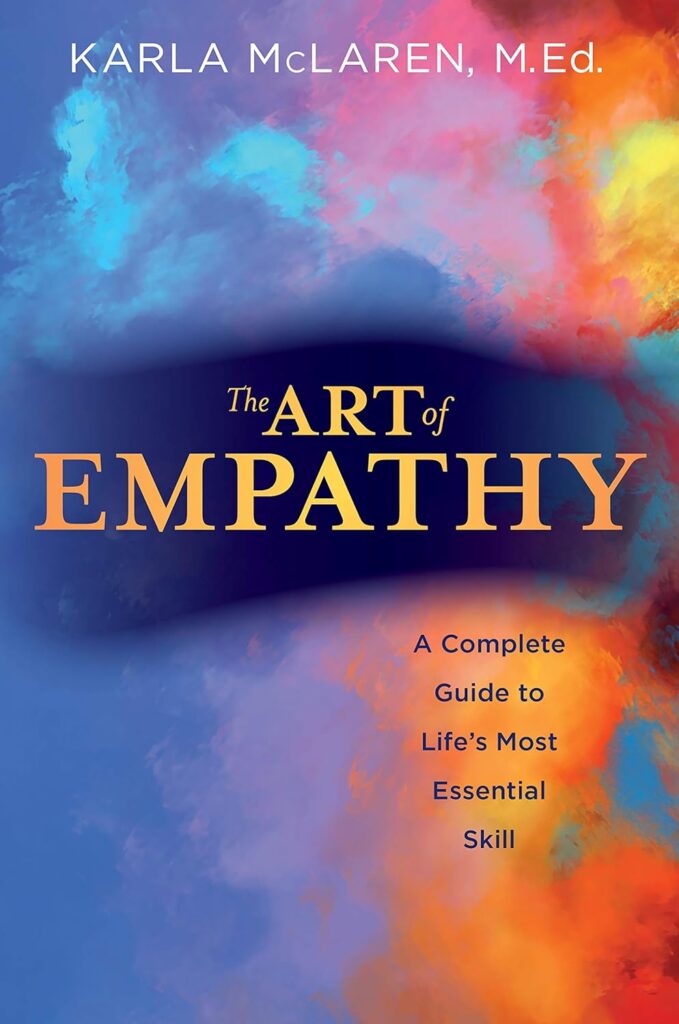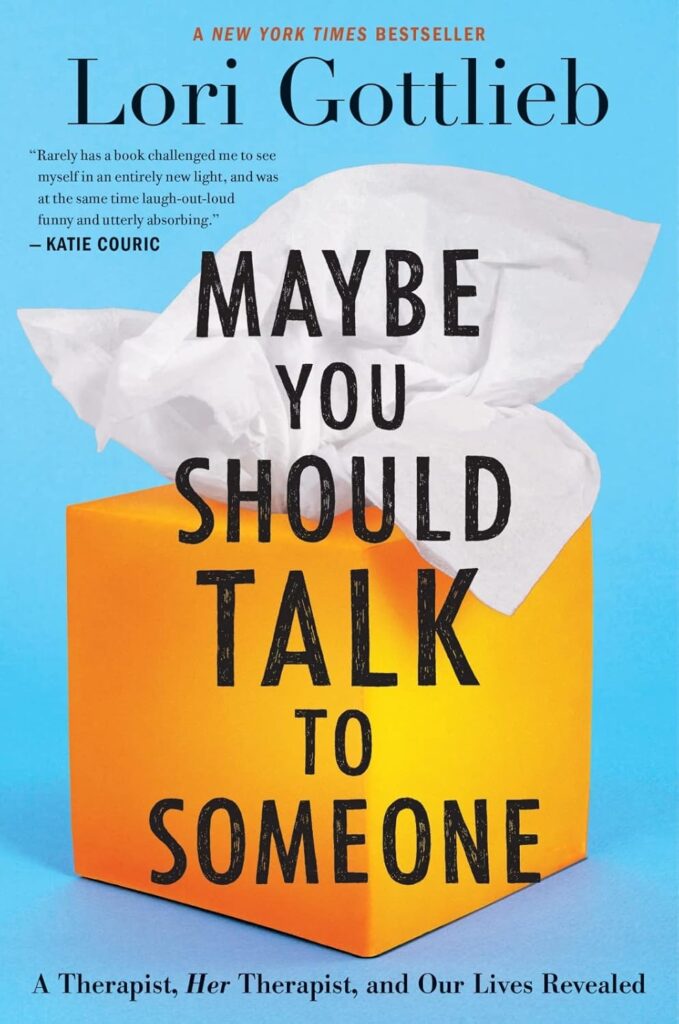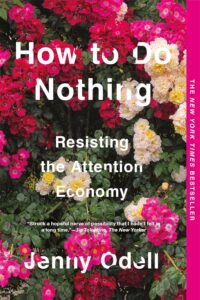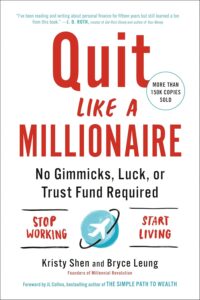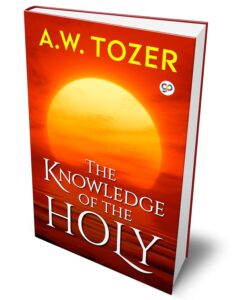In today’s fast-paced world, genuine human connection is becoming more rare. Between the distractions of social media, busy schedules, and the increasing reliance on digital communication, many people struggle to truly understand and connect with others on a deeper level.
But here’s the truth: empathy is one of the most valuable skills you can develop. It allows you to build meaningful relationships, resolve conflicts with kindness, and see the world from different perspectives. And what better way to strengthen your empathy muscles than by reading books that explore human emotions, connection, and understanding?
If you have ever wanted to improve your relationships, become a better listener, or understand others more deeply, the following books will change the way you think about empathy and emotional connection. Also, have a look at more of books related blog posts here.
Must Read Books for Empathy and Emotional Connection.
1. The Empathy Diaries by Sherry Turkle
Sherry Turkle, an MIT professor and psychologist, has spent decades studying how technology impacts human relationships. In The Empathy Diaries, she explores how the rise of digital communication has led to a decline in real, face-to-face connection.
Turkle weaves together personal stories from her life with research on how people interact in a world dominated by screens. She argues that while technology has made it easier to stay in touch, it has also weakened our ability to truly listen, engage, and empathize.
This book is not just about technology—it is also about self-awareness and how personal experiences shape the way we connect with others. If you often find yourself scrolling through your phone instead of engaging with the people around you, this book will challenge you to rethink how you communicate and relate to others.
Why you should read it: It provides deep insights into the modern struggle of human connection and offers ways to rebuild empathy in an increasingly disconnected world.
2. Nonviolent Communication: A Language of Life by Marshall B. Rosenberg
Many conflicts in relationships, whether personal or professional, come from miscommunication. Marshall B. Rosenberg’s Nonviolent Communication is a powerful guide to improving communication by fostering deeper understanding and empathy.
Rosenberg introduces a simple yet transformative framework for communicating with others:
- Observations – Stating facts without judgment.
- Feelings – Expressing how a situation makes you feel.
- Needs – Identifying what you truly need.
- Requests – Asking for what you need in a way that is respectful and clear.
This book is packed with real-life examples and exercises to help you practice nonviolent communication in everyday situations. It teaches you how to express yourself in a way that minimizes defensiveness in others while fostering an environment of respect and mutual understanding.
Why you should read it: It provides a practical approach to communication that will help you resolve conflicts, deepen relationships, and become a more empathetic listener.
3. Daring Greatly by Brené Brown
Empathy and emotional connection require vulnerability, yet many people avoid being vulnerable out of fear of judgment or rejection. In Daring Greatly, Brené Brown explores why vulnerability is essential for building strong relationships and living a fulfilling life.
Brown, a research professor and storyteller, uses years of research to show that embracing vulnerability is not a weakness but a strength. She explains how avoiding vulnerability can lead to disconnection, while courageously sharing our true selves fosters deeper relationships.
Through compelling stories and research-based insights, she encourages readers to let go of perfectionism, fear, and shame and instead embrace authenticity and emotional openness.
Why you should read it: It helps you understand that being vulnerable is the key to forming meaningful relationships, building self-compassion, and truly connecting with others.
4. The Art of Empathy by Karla McLaren
Empathy is often misunderstood. Some people naturally absorb the emotions of those around them, while others struggle to understand how others feel. The Art of Empathy by Karla McLaren offers a deep exploration of what empathy is, how it works, and how you can strengthen it.
McLaren provides techniques to help you become more emotionally aware while also maintaining healthy emotional boundaries. She introduces the concept of empathic mindfulness, which allows people to process emotions without becoming overwhelmed.
This book is particularly useful if you are:
- Someone who feels emotions deeply and often struggles with emotional overload.
- Someone who wants to improve their ability to understand and connect with others but does not know where to start.
- Someone in a leadership, caregiving, or counseling role who wants to cultivate more emotional intelligence.
McLaren also explains the difference between cognitive empathy (understanding another person’s emotions intellectually) and emotional empathy (feeling what another person is feeling). Developing both types of empathy leads to healthier and more balanced relationships.
Why you should read it: It teaches practical tools for strengthening empathy while maintaining emotional well-being, making it essential for anyone who wants to deepen their relationships.
5. Maybe You Should Talk to Someone by Lori Gottlieb
Therapy is often seen as something only for those who are struggling, but in reality, therapy offers powerful lessons on emotional connection, understanding, and personal growth. Maybe You Should Talk to Someone by Lori Gottlieb is a unique blend of memoir and psychology that gives an inside look at both sides of therapy—what it is like to be a therapist and what it is like to be a patient.
Gottlieb, a therapist herself, shares the stories of several patients while also documenting her own experience in therapy. She takes readers on an emotional journey, showing how people confront their fears, navigate relationships, and ultimately find healing through human connection.
This book reminds us that:
- Everyone has struggles, no matter how “put together” they may seem.
- True connection comes from deep listening and mutual understanding.
- Emotional growth often comes from embracing difficult emotions instead of avoiding them.
It is funny, heartbreaking, and profoundly moving. Through Gottlieb’s experiences, you will gain insight into your own emotions and relationships while learning the power of truly seeing and hearing others.
Why you should read it: It offers a heartfelt look at what it means to be human, reminding us that empathy and emotional connection are at the core of healing and personal growth.
Final Thoughts
Empathy and emotional connection are essential skills that help us navigate relationships, understand others, and create meaningful connections. The books listed above provide powerful insights, practical tools, and deeply moving stories that will help you develop a greater sense of empathy and emotional intelligence.
If you want to improve your relationships, communicate more effectively, or simply understand people on a deeper level, these books are a great place to start.
Which of these books are you most excited to read? Let me know in the comments, I would love to hear your thoughts.

